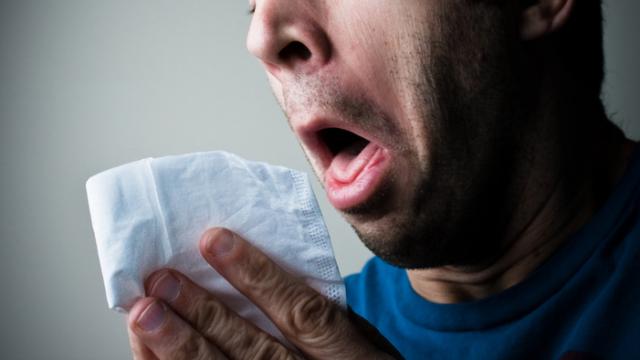To prevent an illness from spreading around the workplace, some employers will send their sick staff members home and replace them with healthy versions. New research suggests that this practice does the opposite of what’s intended, causing the disease to spread even more rapidly.
Image: Allan Foster/Flickr
A number of workers with essential roles, such as first responders, healthcare workers and teachers, are prone to getting sick and then passing on their infections owing to the intimate nature of their work. To minimise transmission risk, these front-line workers are often sent home when they contract an illness and are temporarily replaced with healthy individuals. This policy makes a lot of sense — but it doesn’t work.
In a new paper published in Nature Physics, mathematical biologist Samuel Scarpino from the Santa Fe Institute used computational models and real-world examples to show that this practice actually raises the risk of infection for the replacement individuals, rather than reducing transmission risk. With the help of theoretical physicists Laurent Hébert-Dufresne and Antoine Allard, Scarpino demonstrated that this replacement policy can cause a disease that’s peaking to spread faster than would normally be expected.
The researchers developed a “human exchange” model to study how diseases spread through populations. But unlike previous efforts, Scarpino and his colleagues developed a model that considered the fact that healthy substitutes are being placed into particularly dangerous situations, namely work environments in which viral transmissions are active.
The researchers tested their resulting model on nearly 20 years of data on two diseases: Influenza and dengue. Their model showed that human exchange gives a boost to outbreaks like influenza which spreads through human contact, but it has negligible effect on the spread of dengue which spreads via mosquitoes. These findings were consistent with data for dozens of influenza outbreaks across the United States over the past 25 years.
It’s an eye-opening result, one that will likely improve disease forecasting and the ways in which healthcare officials respond during outbreaks. Moving forward, employers should only replace workers when absolutely necessary — but it’s important to remember that people should stay home from work when they’re sick, and their employers should encourage them to do so.
